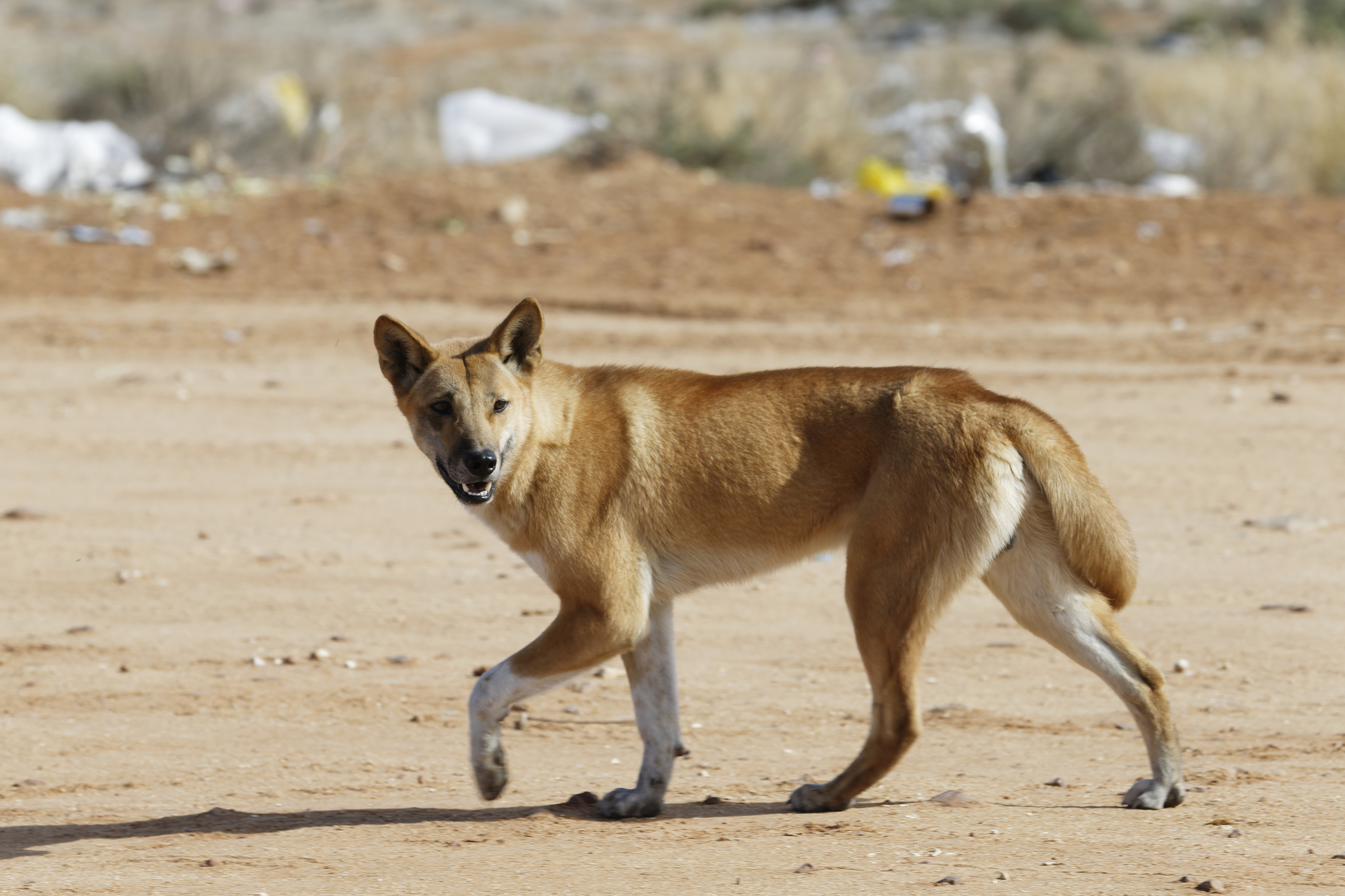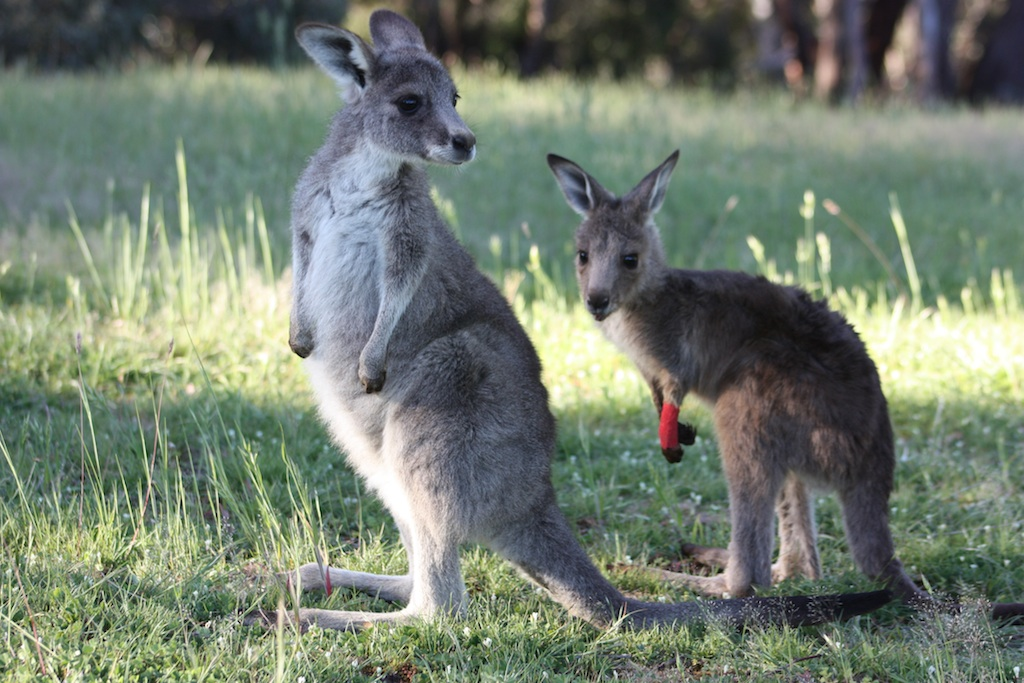Across Australia, dingoes are slowly being recognised for what they are: Australia's local apex predator with deep cultural significance and an important ecological role. Yet in many jurisdictions they continue to be subjected to widespread lethal control through baiting, trapping and shooting, due to policies that still classify them as pests or biosecurity threats. In 2023, Victoria ended...
By Mark Simmonds OBE, HSI Senior Marine Scientist, and Nicola Beynon, Head of Campaigns for HSI Australia
Listening to the marine species debates at the huge CITES ‘Conference of Parties’ (or CoP) just closing here in Geneva, it is hard not to be struck by the similarities to the debates we have witnessed over the last quarter of a century at the International Whaling Commission (IWC). Not only are some of the arguments much the same, but some of the voices making them are very familiar!
For example, Japan at CITES maintains a strong opposition to the development of new protection for marine species. Its spokesman here is well known at the IWC and Japan is aided at CITES by some of its customary IWC allies. For example, Antigua and Barbuda, which has been famously and fiercely pro-whaling at the IWC in recent years, led the charge at the CITES meeting a few days ago to try to make any future listing of marine fish species more difficult. Essentially, Antigua and Barbuda wanted a major review of marine species already added to the CITES Appendices (which define international trade controls) conducted and until this was completed a moratorium on consideration of new fish species. Whilst there were strong interventions in favour, including from Japan, this proposal failed.
Likewise, the anti-marine species bloc here strenuously tried but ultimately failed to shoot down the marine fish species proposed for listing on the Appendices considered by the CoP. The mako sharks, the giant guitarfish and the wedgefishes were voted through successfully, with a reasonable majority. But again, the arguments against them were remarkably similar to IWC arguments. For example, those proposing the extra protection were accused of not having science on their side. The opponents also much preferred that regional fisheries bodies should deal with these species, rather than CITES. It was, of course, pointed out that there was no reason why these regional bodies and CITES could not work together.
Indeed, they ought to work together, and this new synergy should allow the fisheries bodies to achieve more with a new layer of international law to underpin them. That was a great outcome at this CITES meeting.
Whilst marine species have had a good CoP and several additional species now join giraffes, otters and others that also gained extra protection here, there is a powerful core group of nations that persist in their arguments against new protection for marine species. Significantly, they almost form a blocking minority. At CITES, two thirds of those voting are required for the passage of proposals and, judging by the marine votes, this anti-marine group currently represents about a quarter of the parties. If it gains just a few more votes it could reverse the progress made for marine species. China and Russia seem to be inside this bloc and Iceland too; powerful developed nations that throw their weight around in support of diminished protection rather than using their influence for good.
We have often been asked why Japan continues to take such a strong line on whaling when it seems to have no real economic significance to it. A stubborn refusal to abide by the global ban on whaling has recently caused it to walk right out of the IWC and start whaling outside of law. What we see in Geneva through the lens of the CITES debates is that Japan and its allies are desperately keen to block protection of all marine ‘resources’. So why is their philosophy so different to that of the pro-marine conservation bloc? Is it because of a fundamental difference in world view and if it is, how do we address this? That is our challenge for the future.
More positively, as we leave the great hall of this CITES meeting, we can celebrate that marine species are still being successfully progressed here – a process that started in 2002 when the first, the humphead wrasse was added to the CITES Appendices and which has been expanding ever since. It’s cause for celebration, but at the same time we must not be complacent.
Mark Simmonds OBE is Senior Marine Scientist at Humane Society International, and a world-renowned marine biologist who has spent the better part of his career looking at factors impacting marine mammals in the modern world. He is the author/co-author of more than 200 scientific papers, reports, articles and reviews, and a number of books. Along the way he has helped to raise the alarm about the impacts of chemical pollution and marine debris on seals and cetaceans, the growing significance of marine noise and the threat posed by climate change. He has been employed in the university sector (as a researcher, lecturer and Reader) and by several international non-governmental organisations. In the 2013 Queen’s Birthday Honours, he was awarded an OBE in recognition of his work in marine mammal conservation and environmental sciences.
Nicola Beynon is our Head of Campaigns in Australia and has twenty five years of experience campaigning in the Australian and international animal protection movements. She first joined HSI in 1998 and has spent a total of 15 years with the organisation. She has also spent time working in the NSW parliament as a policy advisor to an upper house MP and spent three years with World Animal Protection. Nicola has championed wildlife protection at many multi-lateral environment meetings including the UN Convention for Trade in Endangered Species CITES, Convention for the Conservation of Biological Diversity (CBD), Convention for Migratory Species and the International Whaling Commission (IWC); often as an adviser on Australian government delegations. Career highlights have been negotiating Australia’s national environment laws in 1999, securing protection for a ‘million acres’ of threatened wildlife habitat, taking the Japanese whalers to court and winning, working with the Australian Government to instigate international agreements for albatross and sharks, and protecting great white sharks from the global trade in their jaws and fins.
Header Image: David Mark


